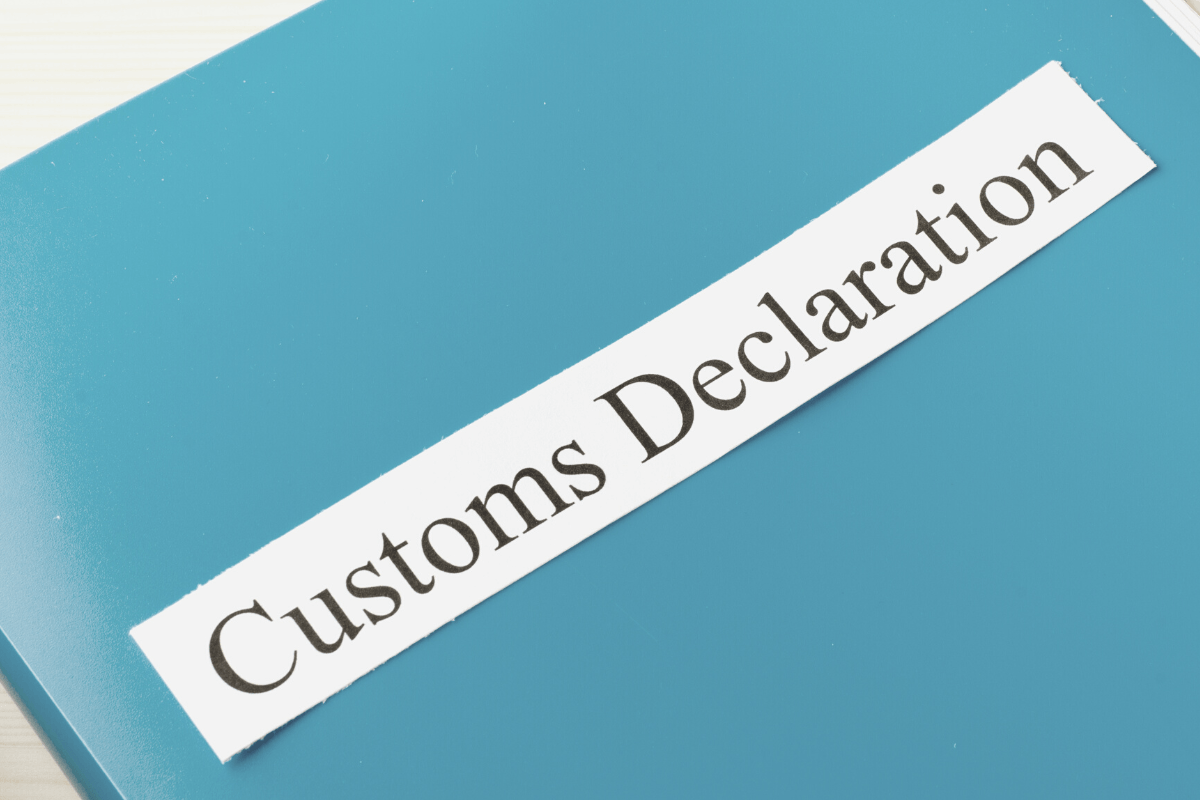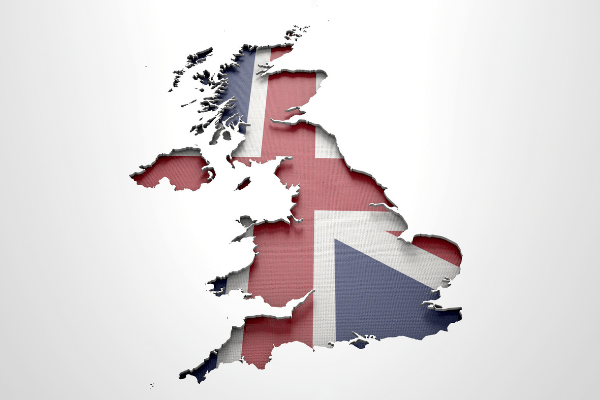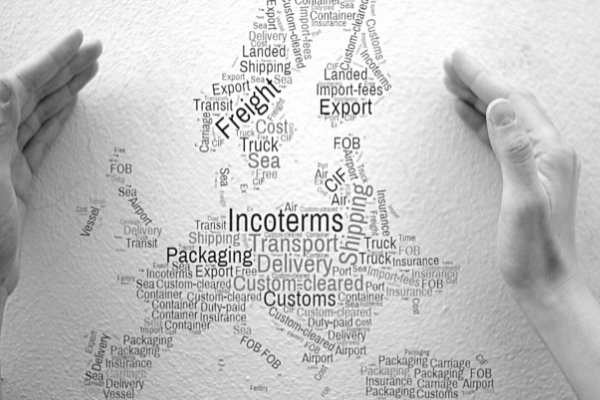BY:
SHARE:
Whatever your circumstances, don’t ever be tempted to short-cut due diligence. Becoming a victim of fraud, or perhaps even worse involved in illegal fraudulent activity, are ever-present dangers, and something everyone needs to take careful steps to avoid.
Many years ago, a British company got a sales enquiry from a commercial buyer in another country. The British company didn’t know much about exporting, and understandably, they were mostly concerned about getting paid. They buyer was sympathetic; he offered to send a cheque and wait for it to clear before the goods were shipped.
The cheque arrived, and the finance manager noticed that the name on the cheque didn’t seem to match the given company name. No matter, he thought. A cheque’s a cheque, we’ll let the bank sort it out. So, the cheque was paid in, and before long they got notification that it had cleared. The goods were shipped and that was that, or so they thought.
It was almost a year later that the bank, suddenly and without warning, took the money back. The bank manager was apologetic and explained that the cheque had turned out to be stolen. The exporter had no recourse. The buyer had disappeared and attempts to trace him came to nothing.
A salutary lesson. And these days, the exporter might well have been landed with a lot more trouble than an unpaid debt. There are statutory regulations covering financial services and some controlled goods that place a legal obligation on sellers to undertake specific due diligence. Authorities are increasingly concerned about transactions being used as a cover for fraud or even to fund illegal activity or terrorism.
Even without considering our legal obligations (which needless to say we must never neglect), it’s in an exporter’s self-interest to take reasonable steps to know who they’re selling to. But it’s surprising how often an exporter gets caught out.
Whenever we get an enquiry from a new contact, we should as a minimum be checking that they exist, that they are who they say they are, and that the purchase is relevant to their business. “Don’t look a gift horse in the mouth”, people say, but I’m suggesting that’s exactly what exporters must do, every time.
In the digital age, there’s really no excuse for ignorance. Virtually all correspondence these days is by email. An email address gives a domain name. In some parts of the world, we may still see a legitimate business using a third-party domain such as AOL or Hotmail, but that’s becoming less and less common. The domain name makes it easy for us to check the company website. Who do they say they are? Where are they? What’s the nature of their business? Do they sound like people who would be interested in our products? Some websites have a page called “Meet the Team”, or something similar. Is the individual we’re dealing with named on that page? If not, why not?
We can easily go further. Large financial operators such as Dun and Bradstreet can be a very convenient source of free, public information about a company. Their business directories give brief details about the location, activities, turnover, registered address, and contact details. Most countries have an equivalent to the UK’s Companies House, that shares official information about a registered company, its purpose, its directors, and some brief financial reports.
Having satisfied ourselves about their status, we should be vigilant in looking out for anything that doesn’t quite fit. How come they’re content to place a large order without seeing any samples? If they did request samples, have they had time to evaluate them properly? Have they asked any of the technical questions we usually get asked?
How far we ought to go depends on the nature of our products/services, the industry, the market and any anticipated long-term consequences.
Transparency International produces an annual report called the Corruption Perceptions Index, which ranks countries according to the apparent risk of corruption. Naturally, fraud can happen anywhere, but it’s wise to take extra care when trading with a country that’s low on the list.
The nature of the business you are in will also be a factor to consider. Some products by their nature are easily re-sellable, particularly consumer goods, alcohol, perfumes, and mainstream electrical products. They are typically favoured targets for money-laundering. If that describes your products, you are more likely to be a target for fraudsters.
Not least, the anticipated long-term relationship with the buyer should guide us. If the purchase is a one-off for a specific purpose, we may consider the most elementary steps to be enough. But if the customer is a potential distributor or wholesaler, who may in time be placing regular large orders, we probably need to take extra care.
During lockdown, visits to markets were largely impossible, and even now many of us have got used to travelling less and may perhaps be less inclined to make a journey to visit a potential distributor or other representative. It’s debatable whether this is wise, but if we are inclined to appoint a representative without a face-to-face meeting, then we really need to go the extra mile digitally, to make up for all those airmiles we’re not doing! For instance, we may consider buying a more comprehensive credit report, and seeking information about the company’s standing and reputation in the market.
If you can’t actually visit a prospect, have you considered doing a virtual visit? Just go to Google maps and use the ubiquitous yellow man to visit their address. Is it a gleaming new building, a shed, or even a regular domestic address?
Check out the person you’re in contact with, too. Are they on LinkedIn for example? Does their profile fit?
Whatever your circumstances, don’t ever be tempted to short-cut due diligence. Becoming a victim of fraud, or perhaps even worse involved in illegal fraudulent activity, are ever-present dangers, and something everyone needs to take careful steps to avoid.
We offer public training in payments, appointing and managing agents and distributors, and export and import procedures.
Finance Training Courses - Strong & Herd LLP
Customs Procedures Training Courses - Strong & Herd LLP
Import Procedures Training Courses - Strong & Herd LLP
Export Procedures Training Courses - Strong & Herd LLP
International Trade Up-dates into your inbox twice a month
Would you like to keep up to date on customs and international trade issues – subscribe to our OneCall service which combines regular practical updates (Did You Know?) and a helpline support service as well as an interactive members' area with a members' only community.
Spotlight & Training Updates Newsletter
Subscribe to our free information emails covering international trade topics...









